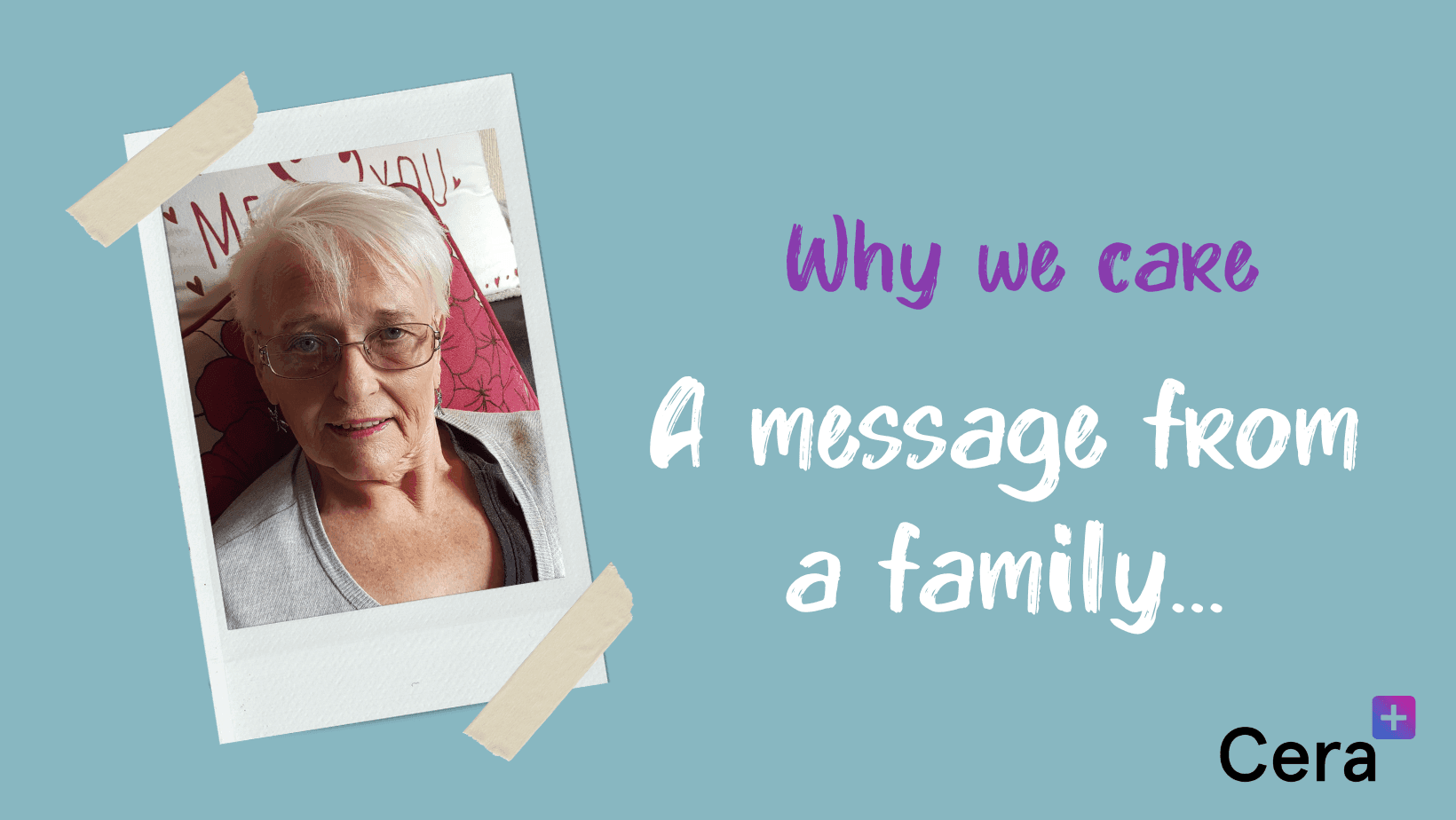Winter Tips for Carers
As the NHS prepares for a busy winter period with significant pressures forecast and vaccination roll outs well underway, it’s time to think about how our carers can help ease the winter pressure and keep our service users and themselves safe.
Keep warm
Cold temperatures can lead to a range of health issues, from respiratory problems to increased risk of falls. Keeping warm helps prevent illness. Layer up, and wear suitable clothing for the temperature and weather conditions. Thermal clothing, blankets and wearing hats can also help service users who struggle with circulatory issues.
Prevent trips and falls
Winter can be particularly hazardous for those with mobility issues or who are prone to falls. When the temperature drops remember to take care on icy pathways. Also, make sure that internal walkways are free of clutter, and be sure not to leave wet patches as you come and go. Wear sturdy, slip-resistant shoes,on your visits. If a service user has a walker or cane, you can check these are in good condition and equipped with anti-slip tips. Read our blog on how to help prevent falls.
Infection preventions and control
Follow the standard guidelines on infection prevention and control such as hand hygiene, regular cleaning of surfaces, using hand sanitiser and PPE. Getting vaccinated at the earliest opportunity also helps manage the winter crisis. This can all help fight off the spread of winter bugs and helps protect frontline staff and service users.
Stay hydrated and eat well
Even in colder weather, staying hydrated is key. Drinking plenty of warm drinks keeps you warm and wards off illness. Encourage service users to opt for warm, nutritious meals to support their immune system. Carers can keep themselves healthy too, with warm drinks and hot, nourishing meals when possible.
Encourage light physical activity
Staying active can boost circulation, help with joint pain, and improve overall mood. Even if they can’t get out, encourage service users to continue with simple indoor exercises, like stretching or walking short distances around the house. Chair exercises can be a good option for those with limited mobility.
Help combat winter blues
Short days and long nights can affect how we all feel and may especially affect service users who already feel isolated or lonely. During the day, open curtains or blinds to let in as much natural light as possible. Soft lighting, a warm blanket, and their favourite books, music, or movies to hand can make a big difference. A warm drink or a comforting meal can help create a sense of wellbeing and comfort. Our carers can be a service user’s main source of in-person support on a day to day basis, so it’s important to check-in and connect with them on visits.
Working as a carer during the winter months can also be emotionally demanding, so don't forget to take care of yourself. The better you feel, the better care you can provide. Aim for a good night’s sleep, keep your energy levels up by eating balanced meals and participate in leisure activities to reduce stress and improve your mood.
Be prepared
Winter weather can sometimes lead to hazardous conditions and disruption, so it’s important to be aware of weather warnings, give yourself time to de-ice and prepare your vehicle on frosty mornings and make sure you’re on top of car maintenance. Keep a regular check on tyres, screen wash, wipers and lights. In case of disruption, keep your PPE well stocked. For more tips on looking after your wellbeing as a carer, check out our blog on staying awake on the night shift - even more relevant when daylight is limited and the nights are long.
To end on a brighter note, winter is also a time of festive celebrations, Christmas lights and welcoming in the new year - festivities our carers share with their clients during the season of good cheer.
More about working in care

Nutrition and Hydration - Essential Care for the Elderly
Good nutrition and hydration is vital for everyone, and it's especially important for elderly individuals.
Why we care - a message from a family
A family's note of thanks to the carers who provided comfort, dignity, and peace during their gran's final days.